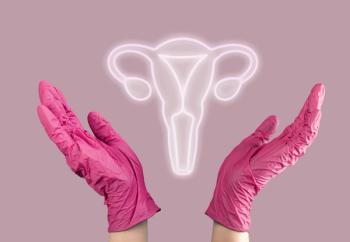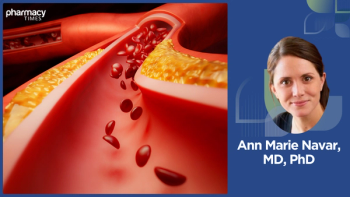
Pharmacists Less Likely to Divorce Than Doctors
Compared with other health care professionals, pharmacists have the lowest probability of getting divorced, according to new research published in the British Medical Journal.
Compared with other health care professionals, pharmacists have the lowest probability of getting divorced, according to new research published in the British Medical Journal.
Using US census data from 2008 to 2013, the study authors examined 13,883 pharmacists, 48,881 physicians, 10,086 dentists, 59,284 lawyers, 18,920 health care executives, 159,044 nurses, and 6,339,310 other non-health care professionals.
The researchers also gleaned information on age, sex, race, current marital status, annual income, and weekly hours worked from the census data. They included respondents aged ≥25 years who were employed in the previous year and reported ever being married.
Since 2008, the census has gathered information about the year in which a person was married during his or her most recent marriage, whether or not he or she divorced in the past year, and the number of times he or she has been married.
The mean age among the pharmacists was about 46 years. In terms of gender, 52.3% were women and 47.7% were men, and the average annual income was approximately $109,975.
On average, pharmacists self-reported working 38.5 hours per week. Physicians self-reported the highest number of hours worked per week at 50.4.
Across the study population, the adjusted probabilities of ever being divorced were as follows:
· Pharmacists: 22.9%
· Physicians: 24.3%
· Dentists: 25.2%
· Lawyers: 26.9%
· Health care executives: 30.9%
· Nurses: 33%
· Non-health care professionals: 35%
The study authors, whose main focus was on physicians, also found that divorce prevalence and incidence were more common among older physicians than younger physicians. In addition, female physicians had higher adjusted odds of ever being divorced or divorced in the past year when compared with male physicians.
Working more than 40 hours a week also contributed to a higher divorce rate for female physicians. The opposite was true for men: male physicians who worked more than 40 hours a week had lower odds of ever being divorced than male physicians who worked less than 40 hours a week.
Study author Anupam B. Jena, MD, PhD, assistant professor of health care policy and medicine at Harvard Medical School told Pharmacy Times that she speculated the issue of irregular and long work hours is less of an issue among pharmacists than physicians.
Since the study’s focus was on physicians, the study authors did not analyze the relationship between gender and probabilities of divorce among pharmacists. However, Dr. Jena sensed the male and female differences in divorce among pharmacists would be similar to physicians.
“I would suspect a similar relationship would emerge in pharmacy, as well, though less strong in magnitude if one believes that the work-life tradeoff is slightly more attenuated in pharmacy than in medicine,” Dr. Jena told Pharmacy Times.
Newsletter
Stay informed on drug updates, treatment guidelines, and pharmacy practice trends—subscribe to Pharmacy Times for weekly clinical insights.







































